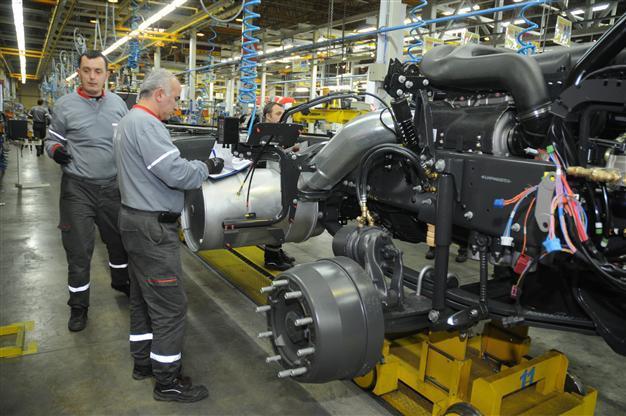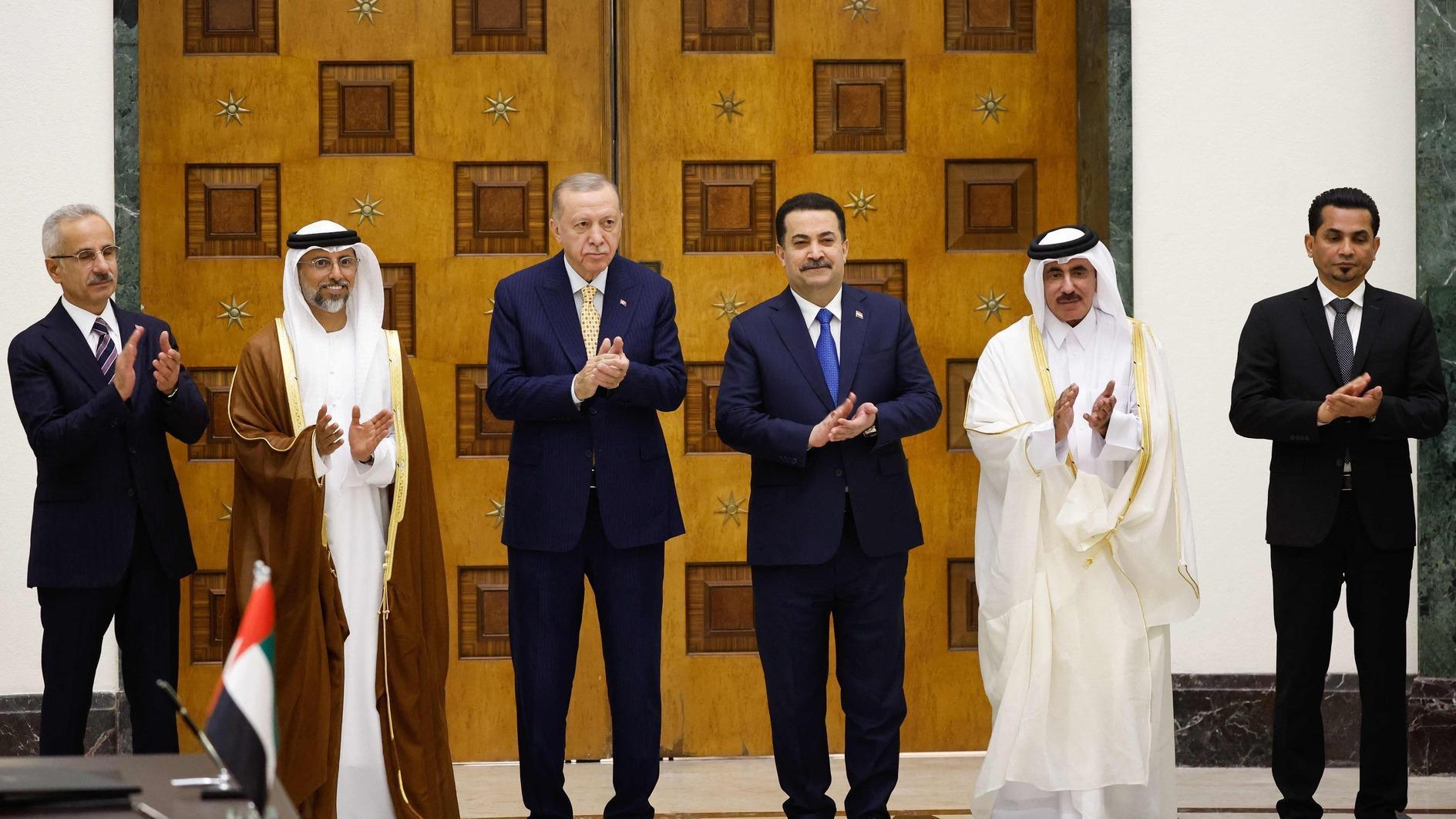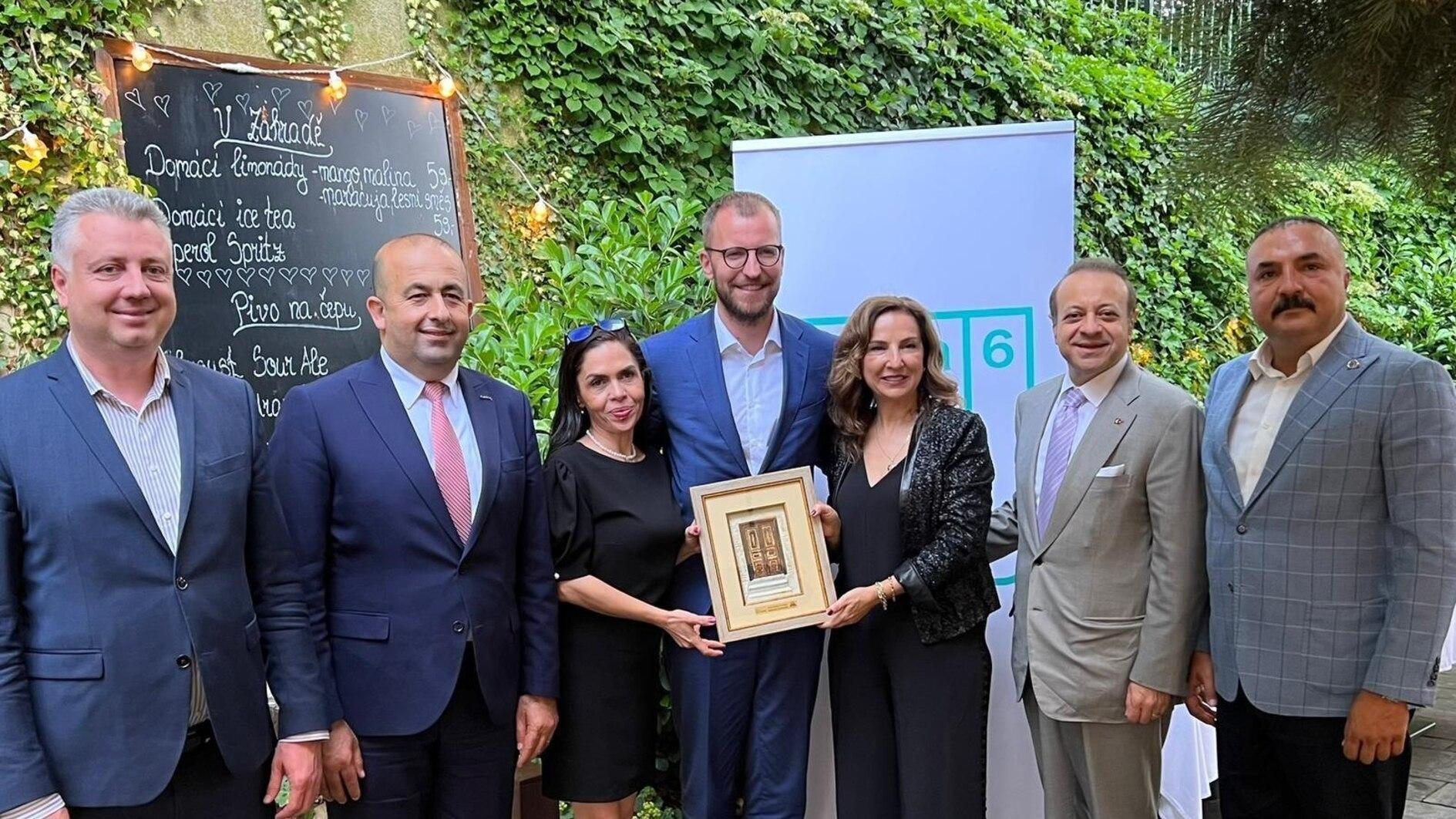Turkish industry records firm expansion, reviving trimmed growth hopes
ISTANBUL
 Turkish industrial production has increased over expectations in the first quarter in a sign that the nation’s economy has grown with a higher-than-expected pace despite the value loss in the Turkish Lira, interest rate rise and political tension.
Turkish industrial production has increased over expectations in the first quarter in a sign that the nation’s economy has grown with a higher-than-expected pace despite the value loss in the Turkish Lira, interest rate rise and political tension.Production, adjusted to calendar swings, surged by 4.2 percent in March, although seasonally and calendar-adjusted production declined by 0.4 percent compared to the previous month, according to data announced by the Turkish Statistical Institute (TÜİK) on May 8.
The non-adjusted figures, meanwhile, rose 4.15 percent in March compared to last year’s same month, Reuters’ calculations show, revealing the total industrial output growth in the first quarter has become 5.3 percent.
Economists and leading international organizations have been warning that the Turkish economic growth could be hampered by lower investment and capital inflow as volatile currency rates, high interest rates that made borrowing costlier and political tension that rocked confidence in the country remain in effect.
However, the recently announced figures indicate the manufacturers in the country have managed to increase production by focusing on exports, which has been the strongest side during the first quarter.
Despite consumer confidence indices declining since the beginning of the year, growth indicators are giving mixed signals as exports have been increasing firmly on the back of a weaker lira and recovery in the European market.
Analysts, as well as top international organizations like International Monetary Fund (IMF), the Organization for Economic Cooperation and Development (OECD) and the World Bank foresee the country growing around 2 to 3 percent.
The government, meanwhile, keeps its hope alive preserving its initial forecast of 4 percent, despite top economy management officials, including Deputy Prime Minster and Central Bank Governor Erdem Başçı admitting the downward risks.
















